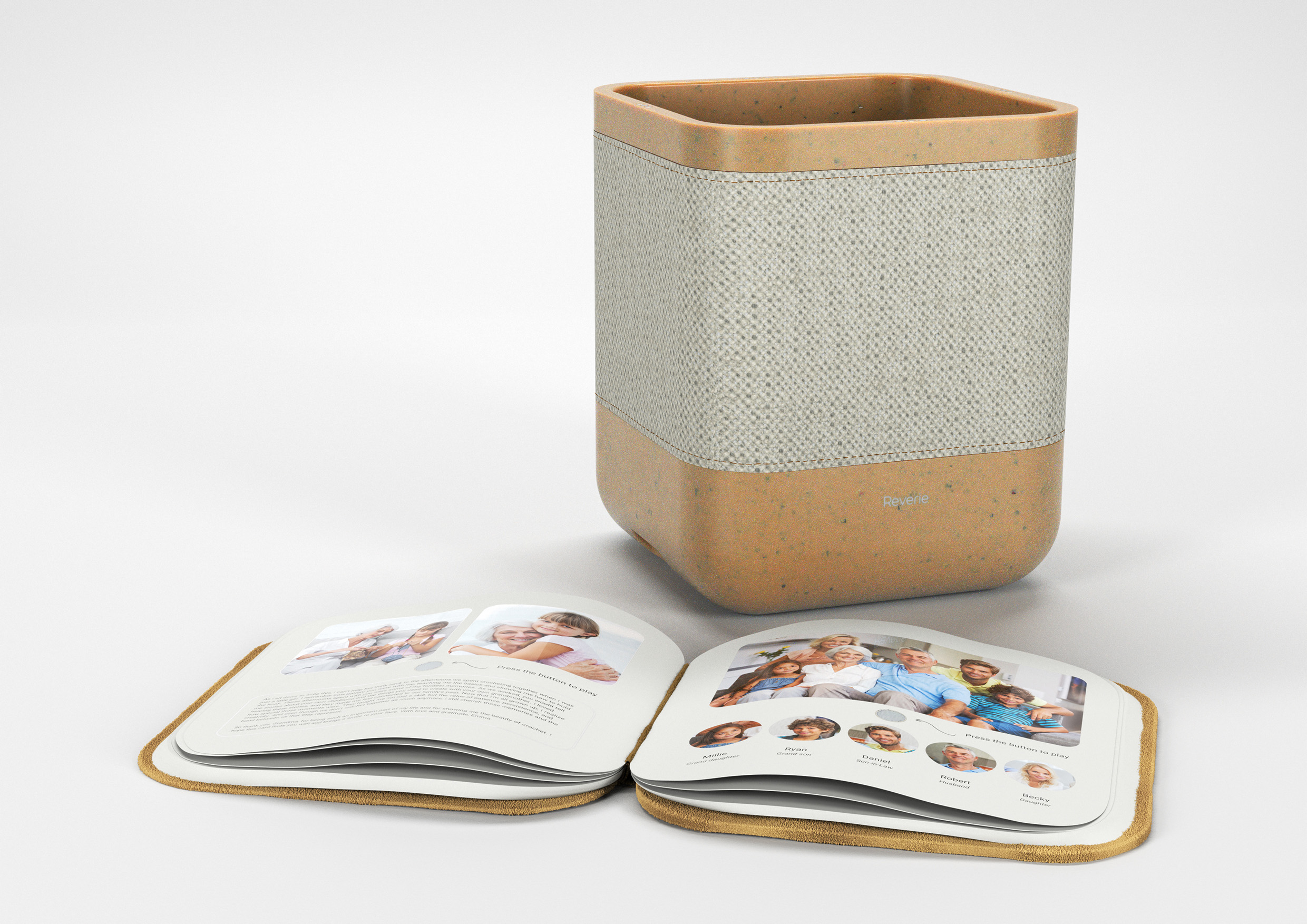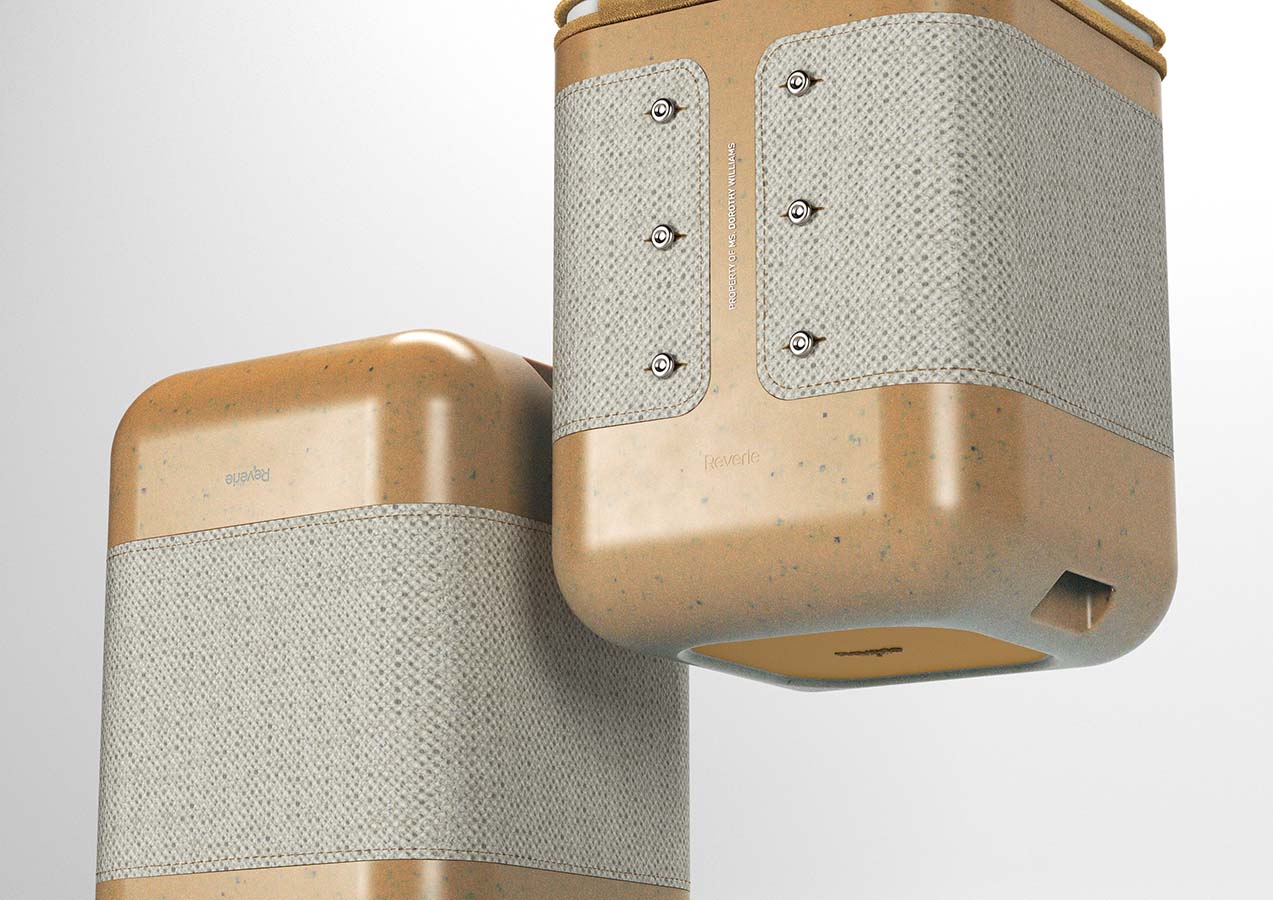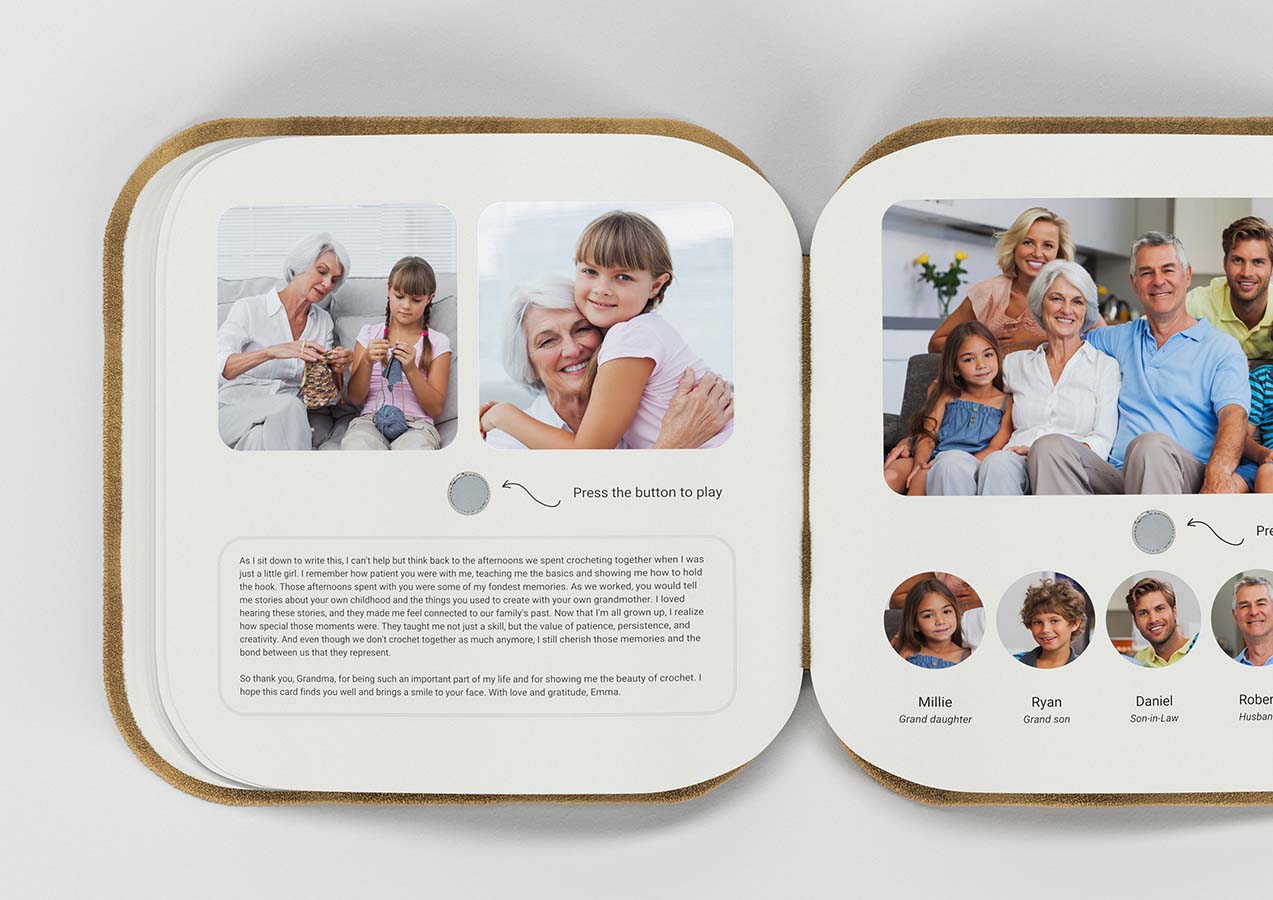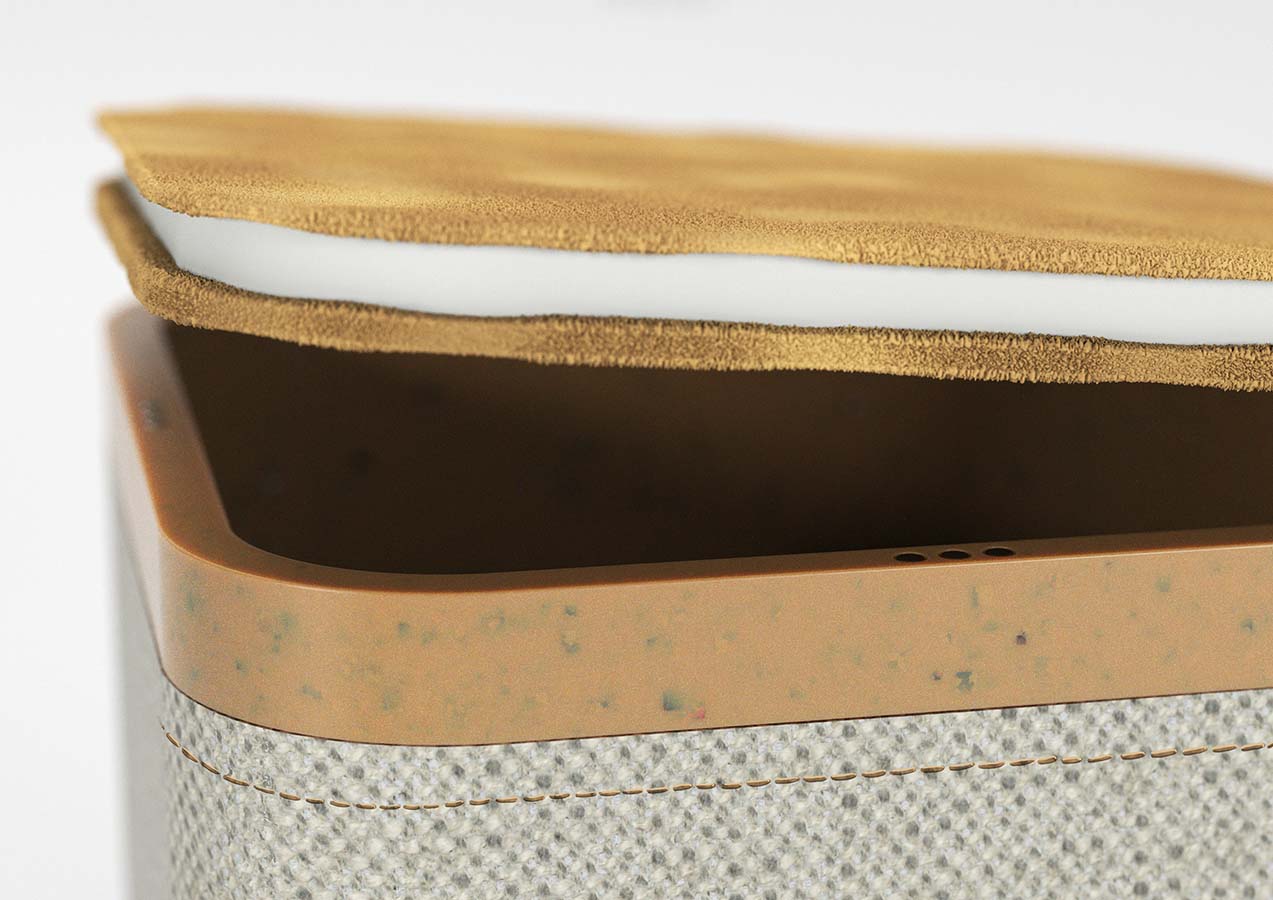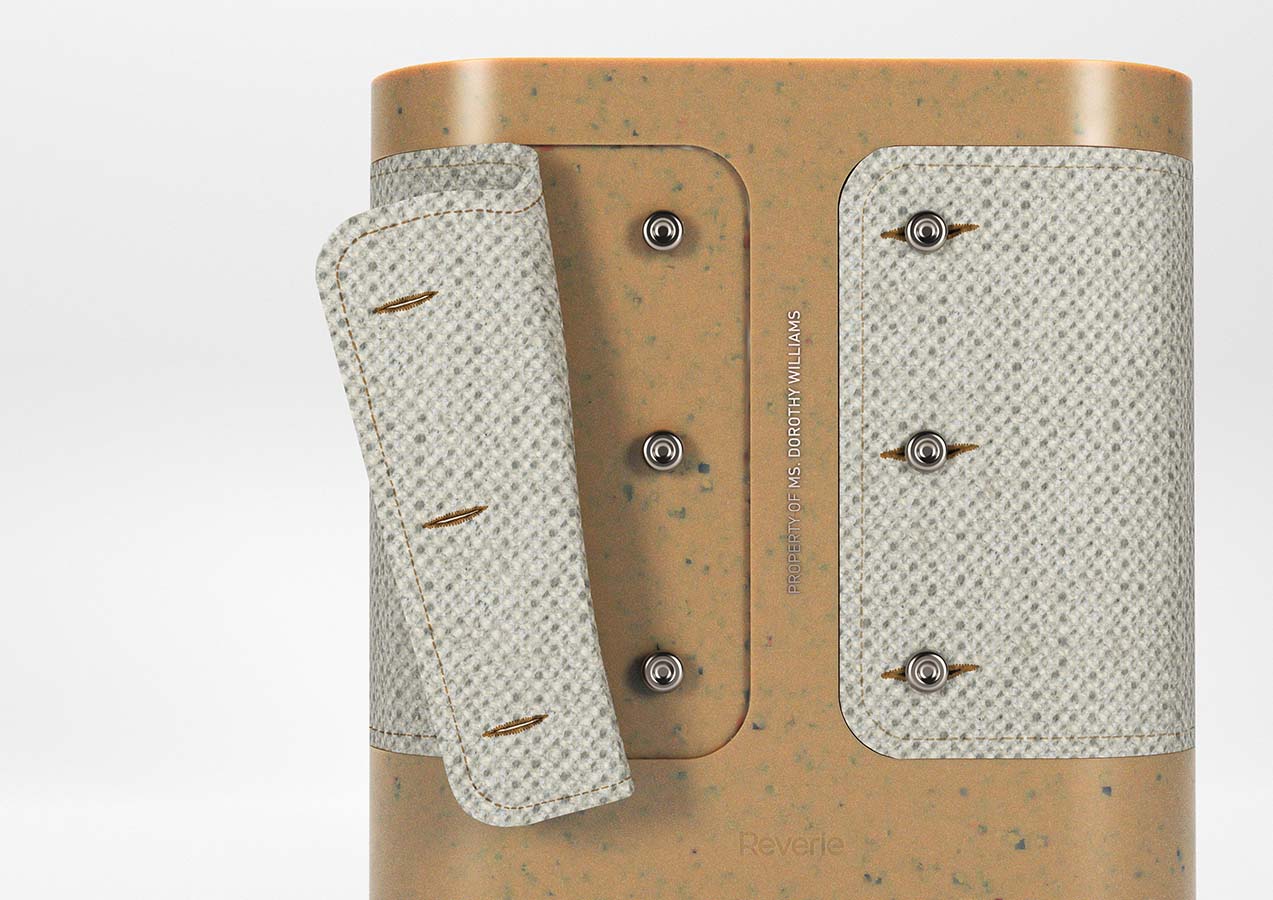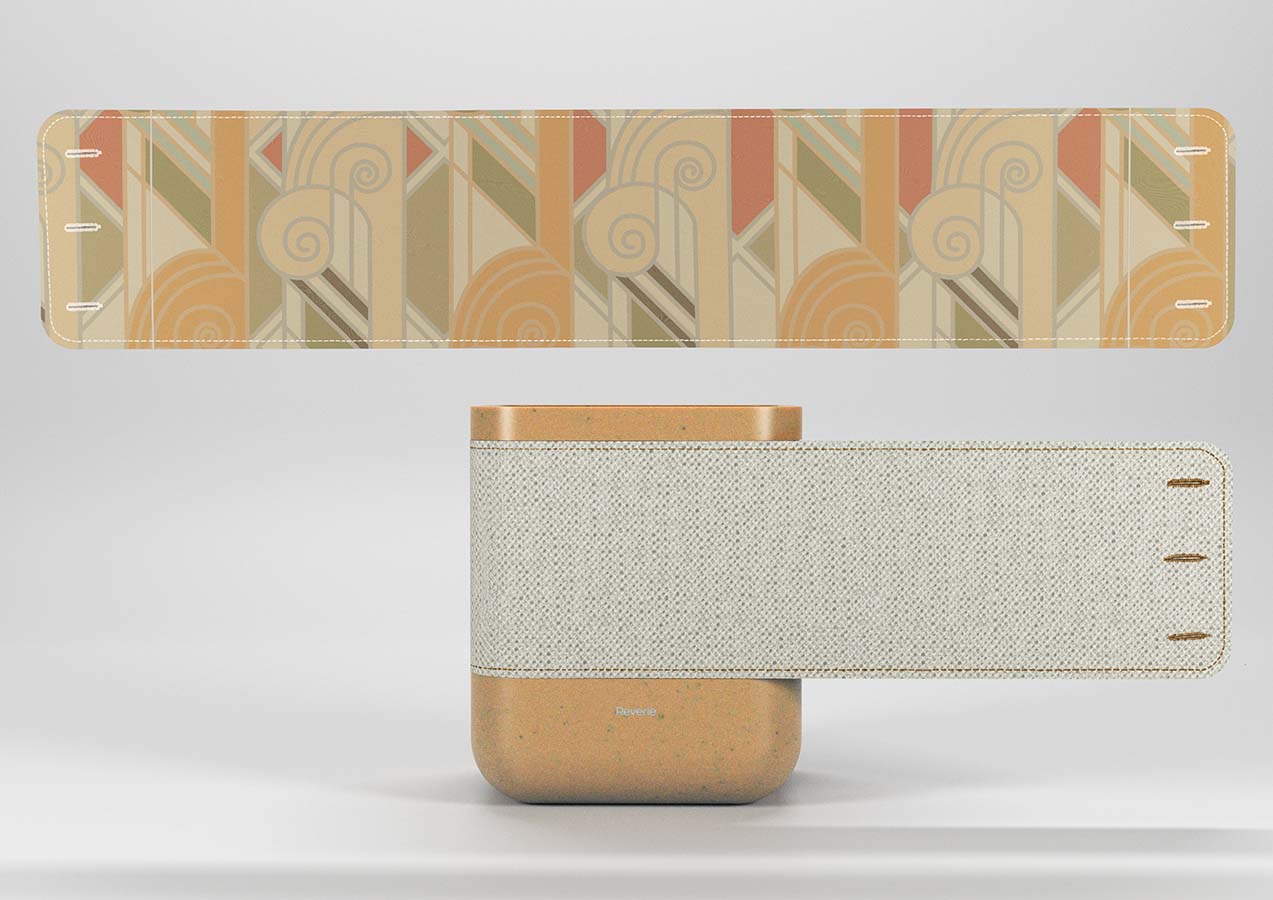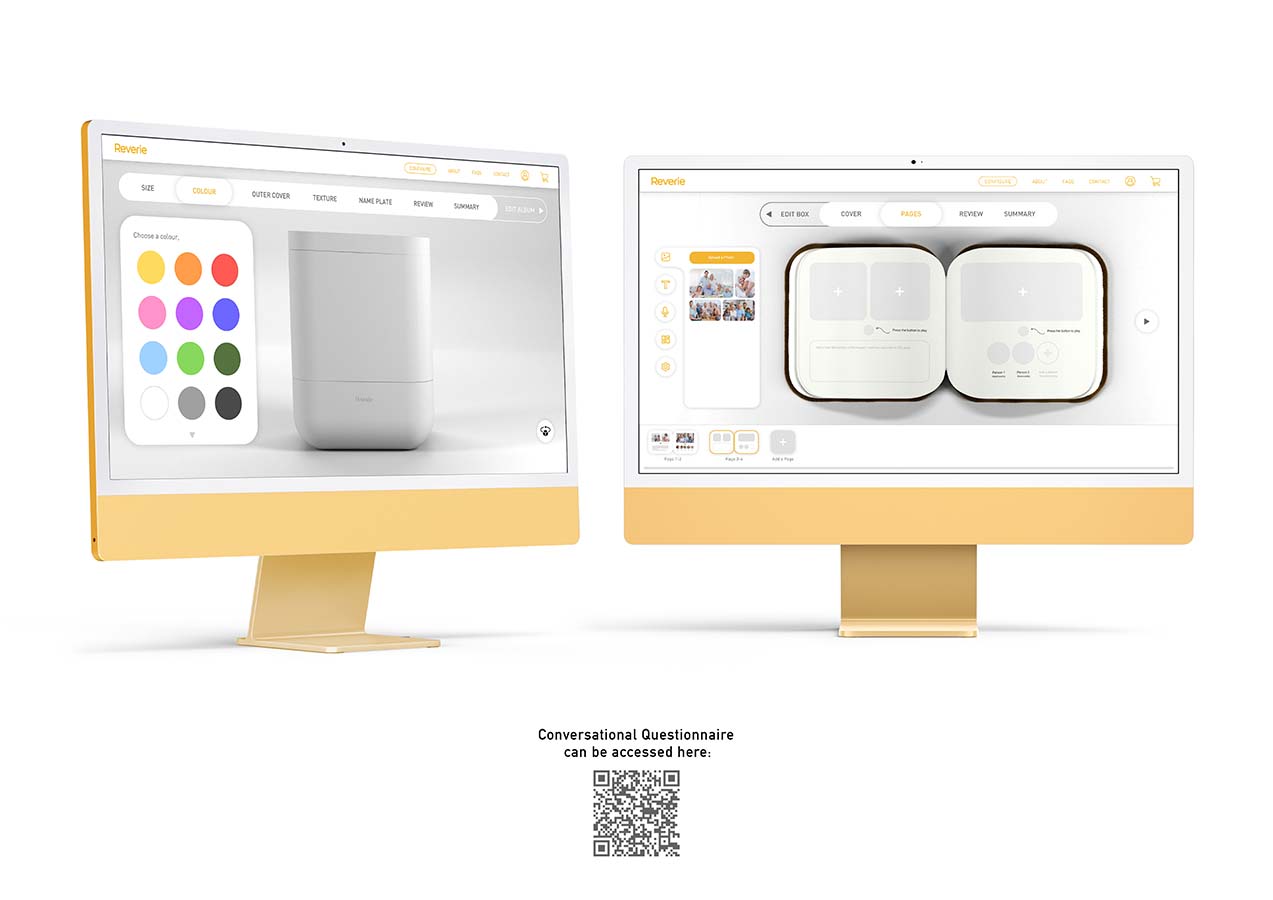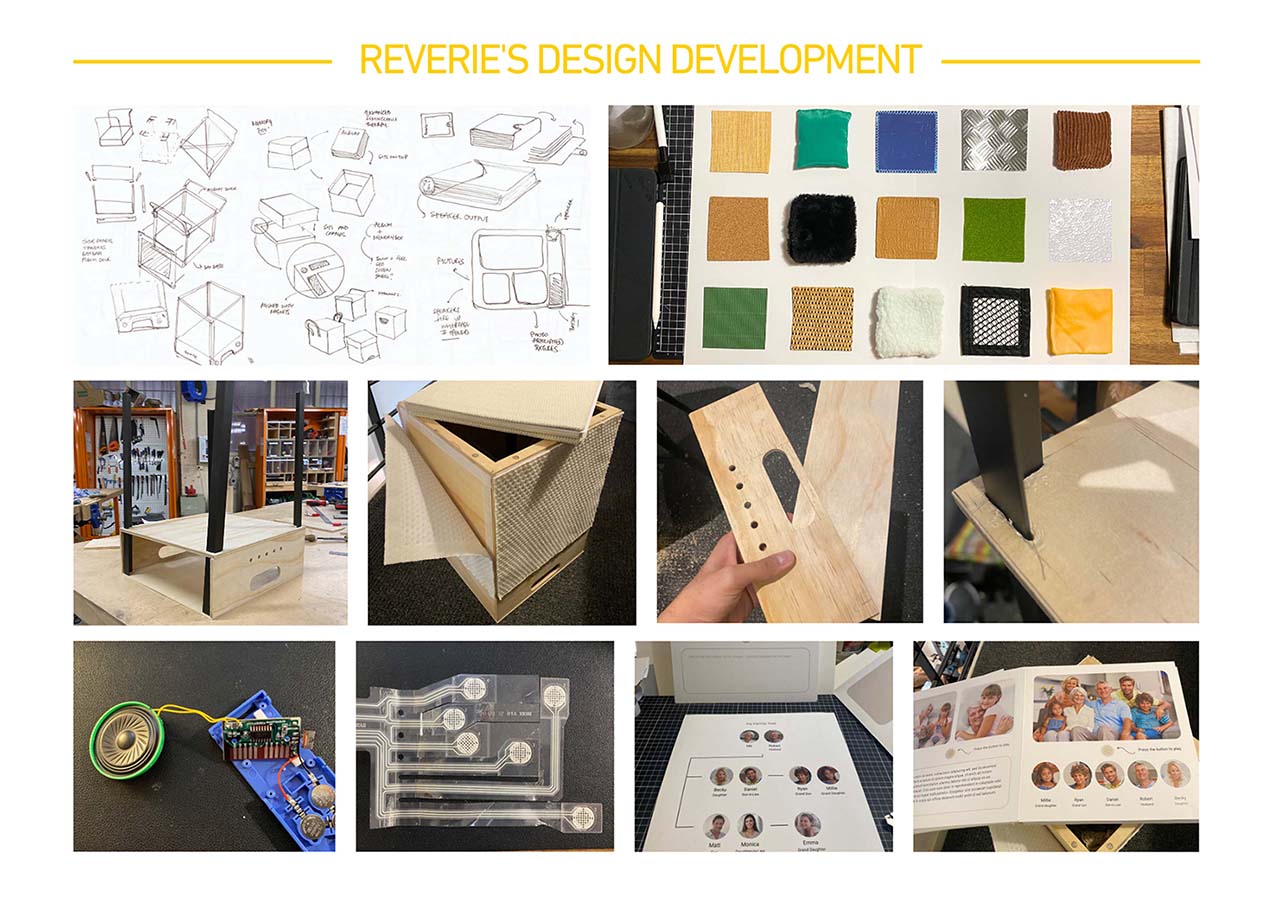The process began with a systematic approach, starting with the identification of the design problem. This phase encompassed a design sprint, surveys of professionals, and several rounds of feedback. Additionally, conversations with affected families, industry professionals, and care facility nurses revealed a significant finding: patients with Alzheimer's often possessed keepsakes, and these items held a deep association with specific memories that helped to calm them during episodes.
To materialize the solution, the team deconstructed the device into its core components and conducted a thorough brainstorming session using morphological analysis. Initial concepts such as tailored scents, multi-sensory walking sticks, and aromatherapy were explored, but it became apparent that they were not practical options.
The breakthrough occurred during a conversation with a friend whose grandmother suffered from Alzheimer's and would bring out keepsakes during visits, prompting the idea of a multi-sensory reminiscence kit. The team further validated this concept by consulting with industry professionals and conducting interviews with experts in the field, leading to continuous refinement of the idea.

